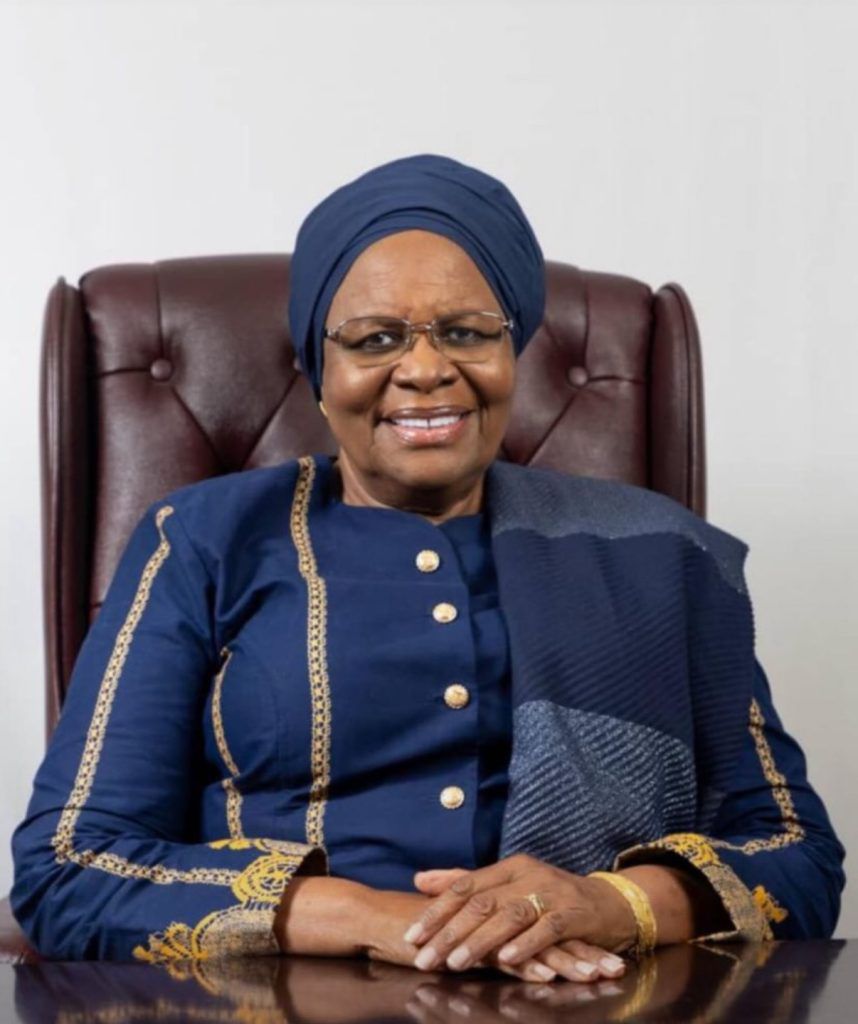NAIROBI – Piracy off Somalia is on the rise because an Islamic group that had cracked down on the seafaring criminals was ousted from power, an official who tracks such cases off Africa’s side of the Indian Ocean said on Tuesday.
Earlier on Tuesday, an international watchdog reported maritime pirate attacks worldwide shot up 14 per cent in the first nine months of 2007, with Somalia and Nigeria showing the biggest increases. Reported attacks in Somalia rose rapidly to 26 cases, up from only eight a year earlier, the International Maritime Bureau said.Some hijackings have turned deadly — pirates complaining their demands had not been met killed a crew member a month after seizing a Taiwan-flagged fishing vessel in May off Somalia’s northeastern coast.Pirates even targeted vessels on humanitarian missions, such as the MV Rozen that was hijacked in February soon after it had delivered food aid to northeastern Somalia.The ship and its crew were released in April, but the World Food Programme has since relied on more expensive air deliveries for Somalia.Somalia has had 16 years of violence and anarchy, and now is led by a government battling to establish authority even in the capital.It is challenged by an Islamic insurgency and its coasts are virtually unpoliced.”The seafaring industry is very concerned about this….There is absolutely no regard for law in that area.Not only is it not good for business in Africa, but it blocks humanitarian aid and is bad for the general stability of the continent,” said Cyrus Mody, a London-based senior analyst with IMB.Mody said the political instability in Somalia had given pirates “totally free rein without any sort of deterrence from the law.”During the six months that an Islamic group known as the Council of Islamic Courts ruled most of southern Somalia, where Somali pirates are based, piracy abated, said Andrew Mwangura, the programme coordinator of the Seafarers Assistance Program.At one point, the Islamic group said it was sending scores of fighters with pickups mounted with machine guns and anti-aircraft guns to central Somali regions to crack down on pirates based there.Islamic fighters even stormed a hijacked, UAE-registered ship and recaptured it after a gunbattle in which pirates — but no crew members — were reportedly wounded.Mwangura said but piracy increased this year after Ethiopian forces backing Somali government troops ousted the Islamic courts in December.He told The Associated Press that ‘some elements’ in the Somali transitional federal government and some businessmen in Puntland, a northeastern Somalia region, are involved because “piracy is a lucrative business.”Somali government officials did not immediately respond to requests for comment.Nigeria suffered 26 pirate attacks so far this year, up from nine previously.Nampa-APReported attacks in Somalia rose rapidly to 26 cases, up from only eight a year earlier, the International Maritime Bureau said.Some hijackings have turned deadly — pirates complaining their demands had not been met killed a crew member a month after seizing a Taiwan-flagged fishing vessel in May off Somalia’s northeastern coast.Pirates even targeted vessels on humanitarian missions, such as the MV Rozen that was hijacked in February soon after it had delivered food aid to northeastern Somalia.The ship and its crew were released in April, but the World Food Programme has since relied on more expensive air deliveries for Somalia.Somalia has had 16 years of violence and anarchy, and now is led by a government battling to establish authority even in the capital.It is challenged by an Islamic insurgency and its coasts are virtually unpoliced.”The seafaring industry is very concerned about this….There is absolutely no regard for law in that area.Not only is it not good for business in Africa, but it blocks humanitarian aid and is bad for the general stability of the continent,” said Cyrus Mody, a London-based senior analyst with IMB.Mody said the political instability in Somalia had given pirates “totally free rein without any sort of deterrence from the law.”During the six months that an Islamic group known as the Council of Islamic Courts ruled most of southern Somalia, where Somali pirates are based, piracy abated, said Andrew Mwangura, the programme coordinator of the Seafarers Assistance Program.At one point, the Islamic group said it was sending scores of fighters with pickups mounted with machine guns and anti-aircraft guns to central Somali regions to crack down on pirates based there.Islamic fighters even stormed a hijacked, UAE-registered ship and recaptured it after a gunbattle in which pirates — but no crew members — were reportedly wounded.Mwangura said but piracy increased this year after Ethiopian forces backing Somali government troops ousted the Islamic courts in December.He told The Associated Press that ‘some elements’ in the Somali transitional federal government and some businessmen in Puntland, a northeastern Somalia region, are involved because “piracy is a lucrative business.”Somali government officials did not immediately respond to requests for comment.Nigeria suffered 26 pirate attacks so far this year, up from nine previously.Nampa-AP
Stay informed with The Namibian – your source for credible journalism. Get in-depth reporting and opinions for
only N$85 a month. Invest in journalism, invest in democracy –
Subscribe Now!










